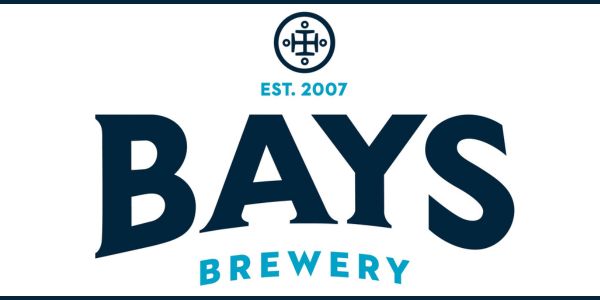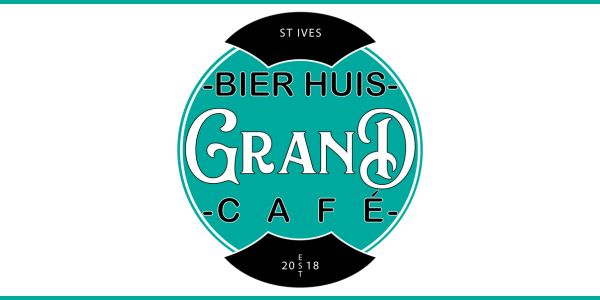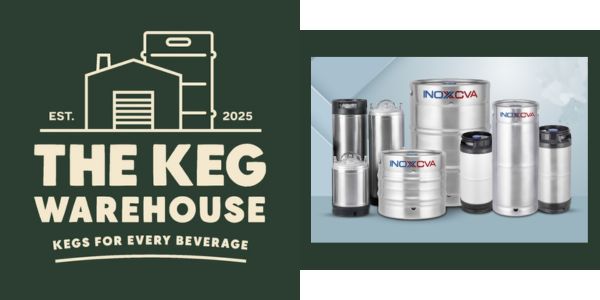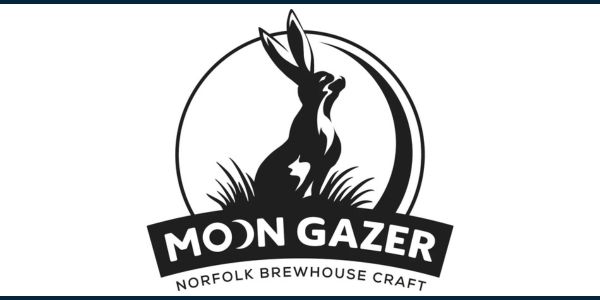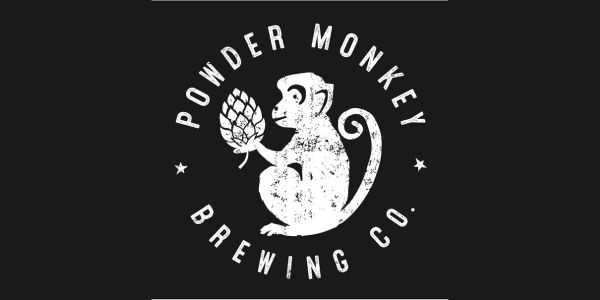By Jimmy Metta, chief executive, Spiritrade

Jimmy Metta
Industry statistics show global drinks sales might reach $284 billion by 2026, up from $257 billion in 2021, growing 1.7% yearly. So, the pandemic, it seems, wasn’t so bad for the overall drinks industry. However, it’s not such a pretty picture when we look further into the brewing industry.
Statistics from America show that 2020 saw only 23.1 million barrels of beer produced, marking a 9% decline from the year before. In fact, the retail dollar value of craft beer ended at $22.2 billion, a 22% decline over 2019.
So why has beer performed poorly compared to the drinks industry as a whole? I’d argue it comes down to storage and sales. Unlike spirits, sodas, and even — to an extent — water, beer must be drunk young. Sure, sodas and water have use-by dates, but beer has a much shorter life span.
As such, surviving a global pandemic with closed bars and pubs would always be challenging. Nevertheless, breweries adapted, attempting to increase channel sales and selling direct to consumers, filling growlers on-site or running local deliveries.
Despite this, the excess stock ran high. And sadly, with no clear channel for selling such stock, excess beer was destroyed. Not only is it a waste of resources and energy, but it’s also an environmentally unfriendly activity. Therefore, pandemic or not, excess waste in the brewing industry must be eradicated.
I believe a lack of digitisation in the industry is the problem. Fundamentally, the drinks industry is seemingly refusing to digitise fully. I’d even go so far as to say it is the last industry to do so.
While brands have developed their own platforms for storing data about stocks and prices, these digital platforms are closed circuits, providing access to one brand only and often only to those within the brand itself. This impacts the brewing industry since the availability of a digital, open market would allow the opportunity to buy and sell stock, even when it was close to expiration, since it would provide access to a global marketplace with eager buyers.
Such an agnostic marketplace would offer real-time market data. Imagine having the ability to see how different brands are being priced, the volumes at which they are sold, and where demand is higher or lower in the world.
A global, digital marketplace would make pricing more competitive, of course, but when stock is either sold cheaply or destroyed, make a sale and recouping costs is a much better option.
This is why we have focused on developing the first global drinks exchange platform, providing an agnostic wholesale marketplace for the entire drinks industry. Buyers and sellers can compare, negotiate, and advertise their products through the platform, making low-volume trades of excess stock possible, even for buyers outside of the UK.
While many beer brands have successfully created e-commerce platforms, with many having done so during the pandemic, the benefits of a global marketplace where stock is sold wholesale are undeniable.
The digitalisation of the drinks industry as a whole will have enormous benefits for the brewing industry. The current challenge is the lack of actions taken by big brands, who have no interest in creating more competition.
As we move into 2023, we aim to fix this with the digitalisation of the global buying and selling of drinks, allowing brewers to sell excess stock rather than destroy it, helping the industry recover from what have been a rocky few years.



